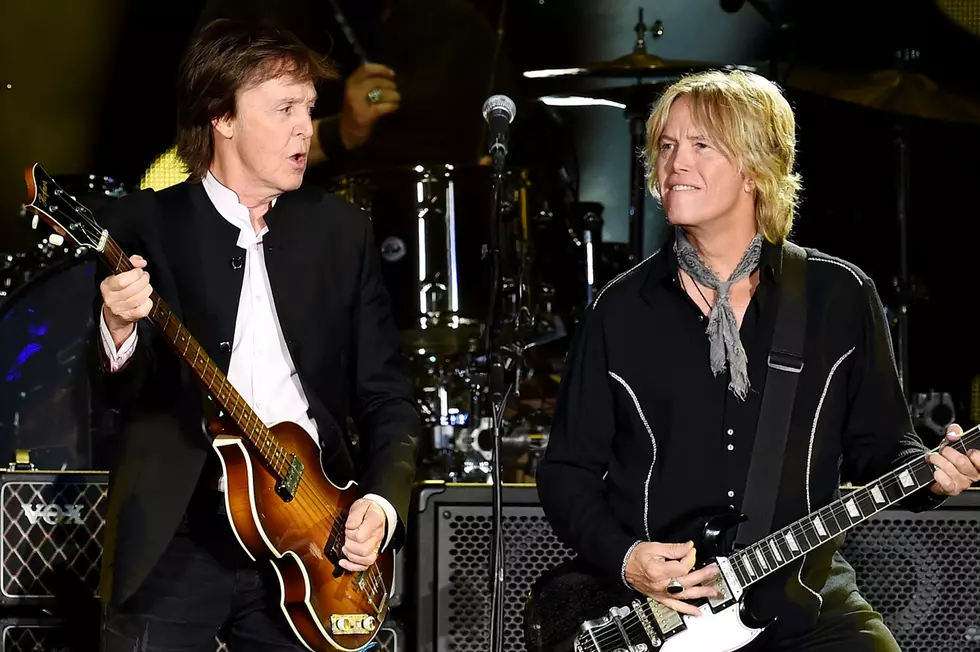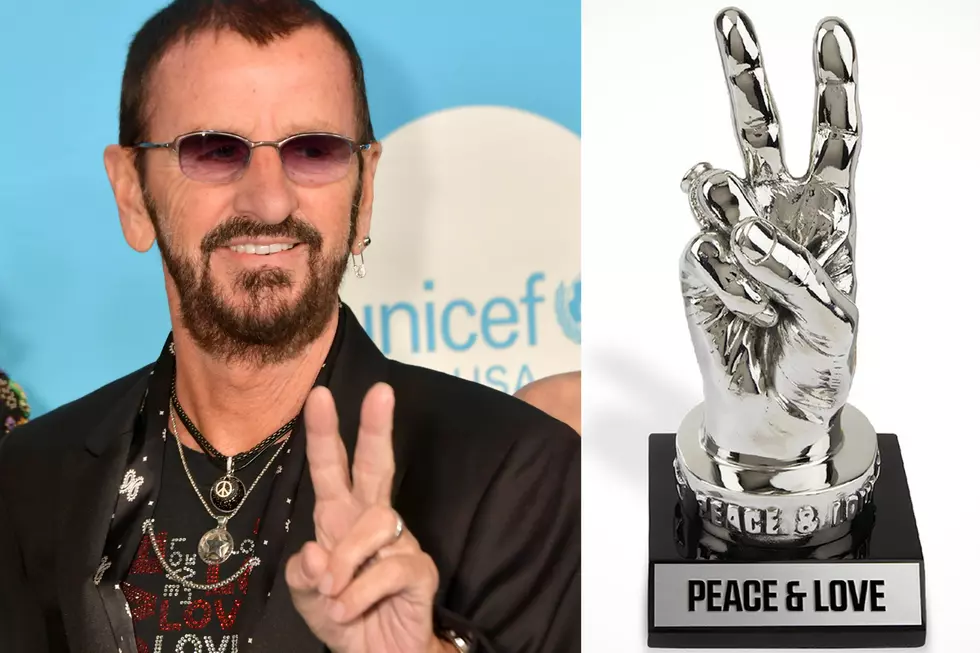
Behka’s Breakfast with The Beatles Recap: Week of May 12
Every day to begin the show I play a song from my favorite band, The Beatles. I try to give you guys a little trivia about each track, and hopefully we start the day off right. On Monday, I played "Two Of Us".
"Two of Us" was originally released on Let It Be and was later released on Anthology 3 and Let It Be... Naked. I played the original version on Let It Be, produced by Phil Spector. The song was originally titled "On Our Way Home". McCartney claimed it was dedicated to his wife-to-be Linda Eastman, though the lyrics (e.g.: "you and I have memories/longer than the road that stretches out ahead" or "you and me chasing paper/getting nowhere") sounded to author Ian MacDonald like they were actually addressing Lennon.
An early performance of the song, in a guitar-driven rock style, can be seen in the Let It Be film. Unsatisfied with this style, which McCartney described as "chunky", the band reworked the song around acoustic guitars. The Beatles performed a finished version of the song live at Apple Studios on 31 January 1969; this performance was included in both the Let It Be film and album.
On Tuesday, I played "Old Brown Shoe".
Old Brown Shoe" is a song written by George Harrison that was first released by the Beatles as a B-side to "The Ballad of John and Yoko". It is also available on the Beatles' compilation albums Hey Jude, 1967–1970 and Past Masters, Volume Two. The Beatles' recording of this song features lead vocals from Harrison, and backing vocals from John Lennon and Paul McCartney. The unusual bass sound was achieved by tracking the bass with the lead guitar. There is some controversy over whether Harrison played bass. In an interview however, George Harrison appears to confirm he played bass for the piece.
On Wednesday, I played "I'm Looking Through You".
It was written about Jane Asher, McCartney's girlfriend for five years, "You don't look different, but you have changed," the lyrics declare, reflecting his dissatisfaction with her and their relationship. The lyrics also reference his changing emotional state, "Love has a nasty habit of disappearing overnight". During October and November 1965, the Beatles recorded three versions of the song. The original version recorded on 24 October was slower than the released version, had a significantly different rhythm, and lacked the "Why, tell me why..." middle eight of the final version. It was eventually released in 1996 on the Anthology 2 compilation.The final version was recorded on 10 November with overdubs on 11 November and is the version included on Rubber Soul. The version I played Wednesday was the Rubber Soul version.
On Thursday, I played "Little Child".
This was written by John Lennon and Paul McCartney for Ringo Starr, but Starr was instead given "I Wanna Be Your Man" as his album song for With The Beatles. McCartney describes "Little Child" as being a "work song", or an "album filler". He admits to taking the line "I'm so sad and lonely" from the song "Whistle My Love" by British balladeer and actor Elton Hayes. The phrase "sad and lonely" also appears in the song "Act Naturally", which the Beatles covered (with Starr singing) for the album Help!.
On Friday, I played "And Your Bird Can Sing".
The working title was "You Don't Get Me". Lennon was later dismissive of the song, as he was of many of his compositions at the time, referring to it as "another of my throwaways ... fancy paper around an empty box". The song is memorable for its extended dual-guitar melody, played by George Harrison and Paul McCartney. A version of the song featuring Harrison on his Rickenbacker 12-string guitar was recorded on 20 April 1966 but was scrapped; the group recorded the album version on 26 April. The rejected version, heard on the Anthology 2 album, features a vocal track on which Lennon and McCartney are giggling hysterically. The Anthology liner notes state that the tapes do not indicate the source of the laughter. This version is the one from Revolver. The line "You say you've seen seven wonders" may refer to the night the Beatles smoked pot with Bob Dylan in New York in 1964. The experience caused a stoned McCartney to excitedly pronounce what he had just learned was the key to life: "There are seven levels."
Let me know if there's something you'd like to hear next week! We'll start again at 6:00 a.m. Monday.
Birdly yours,
Behka
More From Mix 92.3









